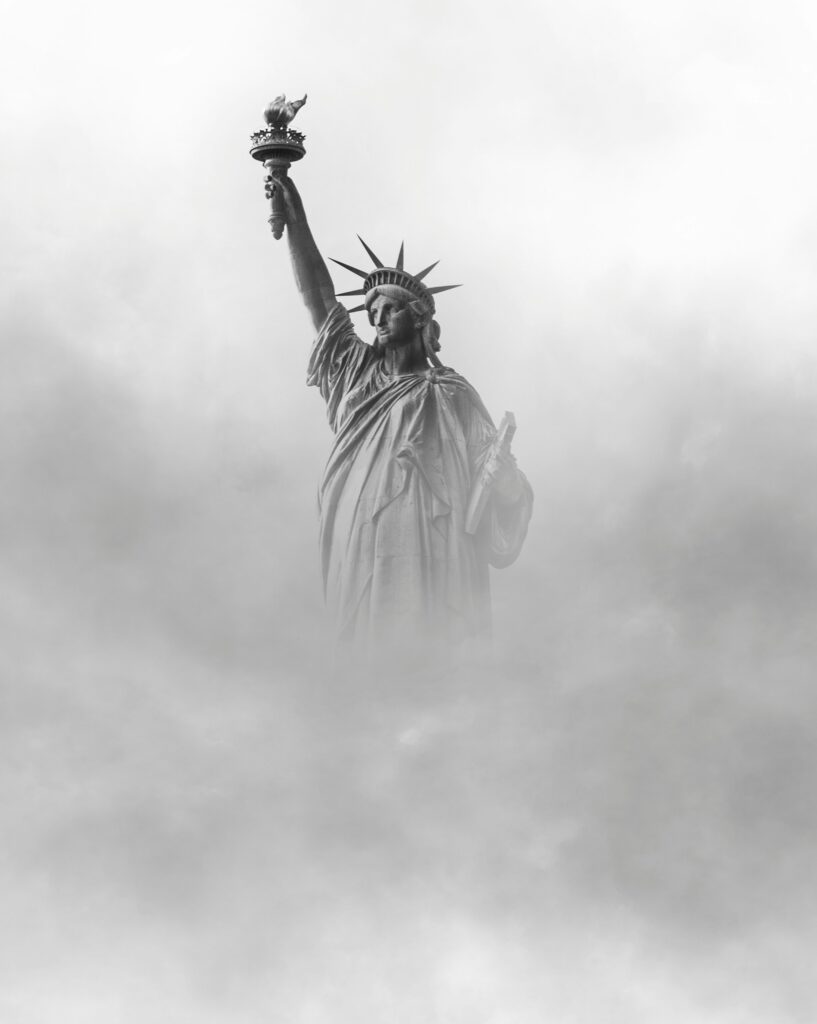Table of Contents
Toggle20 Years Before the Civil War
More than twenty years before the Civil War, Elizabeth Cady Stanton focused on abolition work. She observed that slaves and women had some common causes. In May 1860, Cady Stanton told the American Anti-Slavery Society that the slaves were, “the only men who have ever echoed back [our] cries for justice and equality.” She was so dedicated to the cause that she attended the World Anti-Slavery convention as a delegate for the American Anti-Slavery Society in London–on her honeymoon! Unfortunately, she was not allowed to be seated at the convention because she was a female. Yet, it did not deter her efforts.
The Slave’s Appeal by E. Cady Stanton
Elizabeth Cady Stanton was a fantastic orator and writer. In her work, The Slave’s Appeal, she pleaded with her audience to remember the 10 commandments and to use them for freedom and justice for all slaves. For example, she used the 5th commandment, honor thy father and mother, to illustrate the horrible condition of slavery. She asked, how can a slave honor her father if he can put her on the auction block, or her mother if she has destined her to a life a slavery.
As she closed, Elizabeth Cady Stanton asked the religious crowd if the [Mount] Sinai thunders, where the 10 Commandments are said to originate in the Bible, were not meant to be heard by “[African] ears.” Cady Stanton felt that the commandments were not being applied because one could not both follow the commandments and turn a blind eye to the suffering of slavery. In appealing to their religious backgrounds, she hoped to get them to see the horrors of slavery. If you’d like to explore her entire speech, check out this document below.
Liberty For All – 13th Amendment
After Lincoln signed the Emancipation Proclamation, Stanton, along with other abolitionists, continued their quest to abolish slavery for all slaves whether Union or Confederate. In May 1863, she formed the Women’s Loyal National League. Their mission was to pass the 13th Amendment, which abolished slavery. The group collected 400,000 signatures on petitions asking congress to pass the 13th Amendment. Even though they did not have the ability to vote*, women made a difference in the abolition movement. By 1864, when it was clear the amendment would pass, the group was disbanded.
While Elizabeth Cady Stanton is generally associated with the women’s rights movement and known for organizing the 1848 Seneca Falls Convention, she also was an abolitionist. Her work, along with other abolitionists, helped end slavery in the US. Today, we honor Elizabeth Cady Stanton for her efforts in obtaining justice and liberty for all.
*Women would not be able to vote for another 55 years when the 19th Amendment was finally passed.

